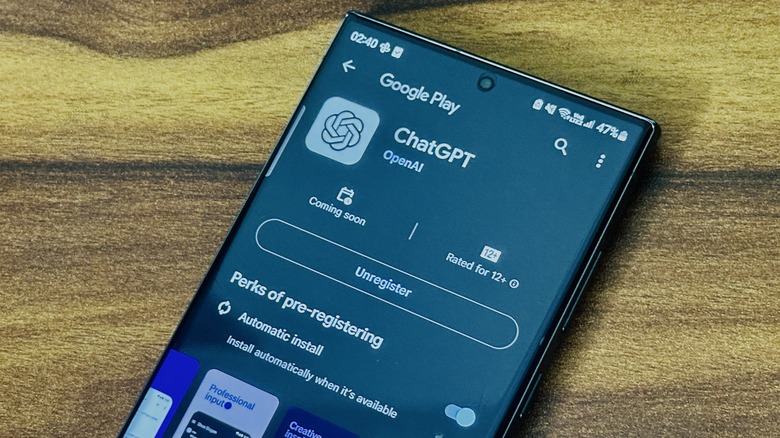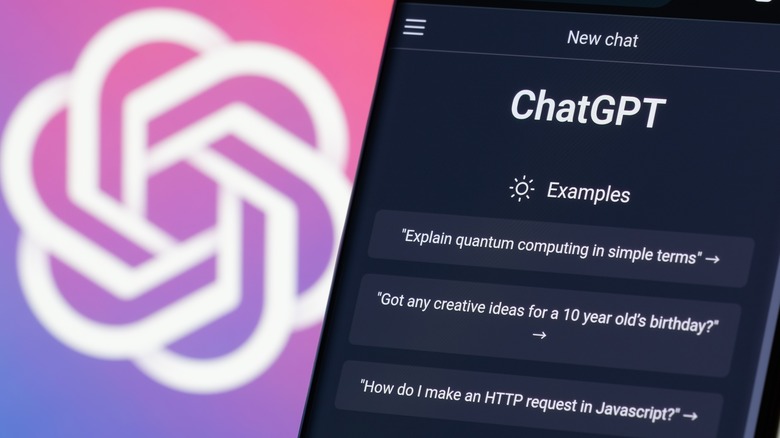ChatGPT's Official Android App Launches Next Week: Here's How To Pre-Register
OpenAI is finally bringing ChatGPT to the Android ecosystem. The company has just announced that the official ChatGPT app will arrive on the Google Play Store next week, months after the iOS app landed on the App Store.
Announcing ChatGPT for Android! The app will be rolling out to users next week, and you can pre-order in the Google Play Store starting today: https://t.co/NfBDYZR5GI
— OpenAI (@OpenAI) July 21, 2023
From the media assets listed on the Play Store, it looks like the ChatGPT app's interface on Android will be identical to that of its iOS counterpart, which likely means there will be feature parity across both platforms. That may not sound particularly exciting, but at least users will be saved from the hassle of creating a browser shortcut for ChatGPT's web interface on their phone. Or worse, downloading one of those third-party GPT-based chatbots that are either an avalanche of ads, quick cash grabs, or both.
If you've been waiting for this fateful day eagerly, head over to the Google Play Store and pre-register for it. As soon as the app is officially released, it will automatically install on your Android app and send you a notification when it's ready.
The process is fairly simple:
- Find the ChatGPT app in the Google Play Store on your Android phone or tablet.
- On the app's listing page, tap on the Pre-register button.
- Enable the Automatic Install toggle so that the app is downloaded and ready to go as soon as the rollout begins.
With that, you should be all set — here are some of the features Android users can expect to see when the ChatGPT app arrives next week.
An opportune time for Android expansion
Bringing ChatGPT to Android will almost certainly guarantee a few million downloads for OpenAI by the most conservative estimates. Beyond that, the release comes at a rather interesting conjecture for the AI chatbot. Earlier today, OpenAI announced that it will create a watermarking system to discern between human and AI-generated content.
The commitment was made during a White House briefing, with Google, Microsoft, and Meta also joining the initiative. The goal is to create some sort of fingerprinting technique to identify AI-generated content, be it text, image, or audio.
OpenAI is fresh off introducing an extremely cool feature called custom instructions that essentially makes the chatbot remember who you are and what your requirements are. So, once you give it the instruction that you are a research scholar, it will offer in-depth answers to your queries that are fit for a research scholar instead of a high-school student.
This feature is limited to ChatGPT Plus subscribers (because nothing good in this world is truly free), but it is currently in the beta phase and might act erratically. So, there's that. Interestingly, ChatGPT went multi-model with the GPT-4 upgrade a few months ago, but OpenAI has refrained from fully unleashing its multimedia comprehension skills citing safety concerns.

